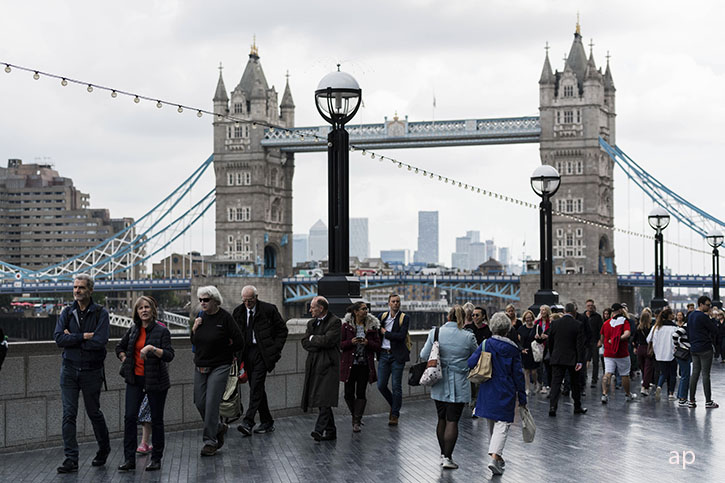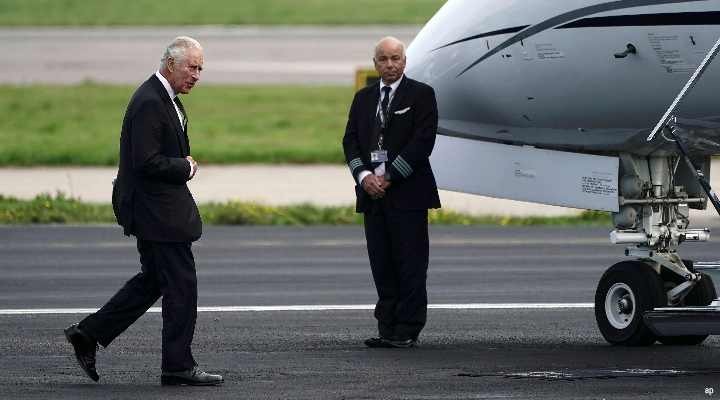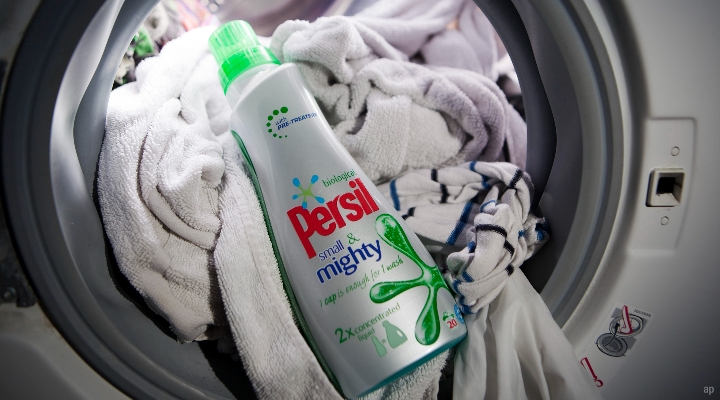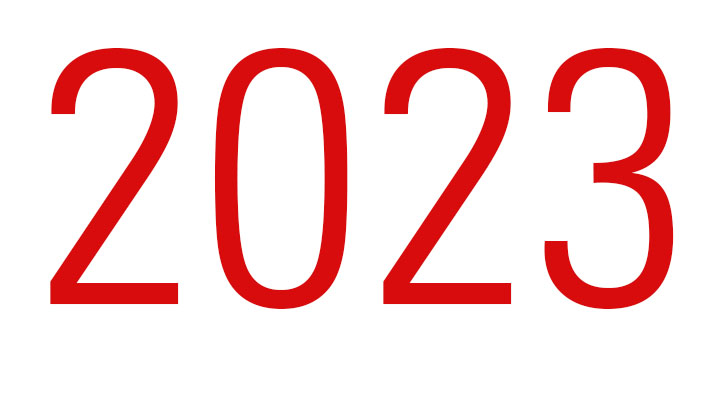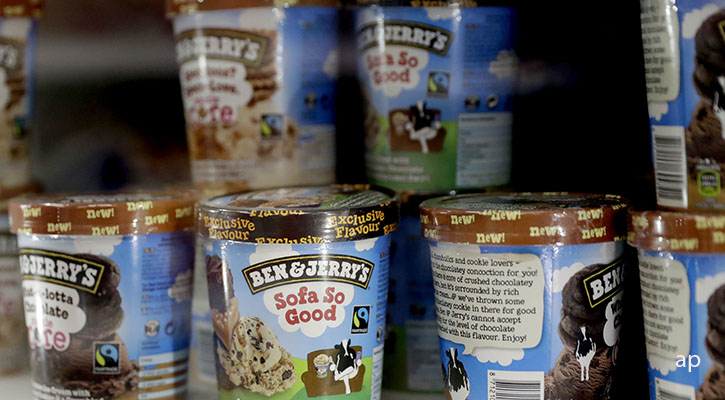
Mark Your Own Homework
Kwasi Kwarteng’s first major speech as chancellor has been deemed a ‘fiscal event’ rather than a ‘mini’ budget. It's now officially called the "Growth Plan 2022". Given this contained historic levels of borrowing, a re-writing of the government’s fiscal rules, major tax changes as well as new growth targets, you might be struggling to spot the difference. However, by describing it as such — and keeping the famous red box well out of sight — the government has side-stepped the requirement to publish an independent assessment on the impact of these policies from the Office for Budget Responsibility. This has led to accusations that the new chancellor is, to some extent, marking his own homework, amid some concerns as to what such an assessment might show.
Tax Cuts Aplenty…
There were more tax cuts in this statement than we’ve seen in most recent full Budget speeches. Kwarteng cancelled this year’s national insurance increase, next year's rise in dividend and corporation tax, and alcohol duty hikes. He also reduced stamp duty, cancelled the 45% tax bracket completely and brought forward a reduction to the basic rate of income tax (from 20% to 19%), now due in April 2023 (check out our analysis and the industry’s reaction). What’s more, the Office of Tax Simplification will be abolished, all in the name of capital G - Growth. However, government borrowing — to cover the energy price freeze for households and businesses — increased substantially, and there was no mention of any corresponding spending cuts. Previous government have pointed out that there is no magic money tree, but ‘Trussonomics’ seems to have located a magic money forest.
… But Borrowing Just Got Much More Expensive
Speaking of borrowing, interest rates are going up, up, up. The Bank of England was the latest central bank to announce a hike, raising the Bank Rate by 50 basis points on Thursday to 2.25%. This followed similar action in the US, with the Fed raising rates by 0.75%, while Sweden pushed rates by a whole percentage point. By historic measures interest rates in the UK still look relatively low, but this is the seventh increase since December and will drive up the cost of mortgages, and, to some extent, loans and credit cards. At a time of almost double-digit inflation this is likely to push many households further into the red. There have been warnings from the Institute for Fiscal Studies (IFS) that this could even include the government finances, given the stratospheric levels of borrowing.
Fracking Ban Lifted
The government has lifted a ban on fracking in a bid to improve energy security in the UK. But there remains some doubt as to whether significant amounts of shale gas will ever be extracted from potential sites. Many of them are after all located near "red wall" Labour constituencies that turned blue at the last election. Business and energy secretary Jacob Rees-Mogg was widely criticised in Parliament for suggesting drilling could bypass normal planning requirements by offering “financial compensation” to local residents. Meanwhile, the founder of fracking giant Cuadrilla was lukewarm about these plans, saying that the UK’s geology remained unsuitable for delivering shale gas to scale. Given the additional political controversy, he did not think sensible investors would risk embarking on large scale UK fracking projects in the near term.
Mike Ashley Quits Frasers Board
Mike Ashley is known for being the headline-grabbing founder of Sports Direct, one-time owner of Newcastle FC, director of Frasers Group and all-round boardroom character. But Ashley appears to have blown the whistle on his executive career announcing he would step down from the Frasers board and not seek re-election as a director. He still owns about 70% of Frasers Group, which now owns the Sports Direct brand, and has agreed to lend the business a further £100 million. Last year Ashley’s soon-to-be son-in-law, Michael Murray, took hold of the CEO reins, but he has denied that Ashley will be a back-seat driver when it comes to the day-to-day running of the business.
Fewer Faces at Facebook
It isn’t just the UK economy that has a problem with productivity. The world’s largest social media business, Meta Platforms — which owns Facebook and Instagram — has started to shrink its workforce in a bid to “get more done with fewer resources” according to founder and chief executive Mark Zuckerberg. After Meta saw its share price suffer sustained falls this year, it has pledged to cut spending. The company is looking to cut costs by around 10% in coming months, and has started rationalising its staff. The move has received a thumbs up from investors, with the share price rallying, although probably not too many ‘likes’ from hard-pressed employees.
Row Over Ben & Jerry Sales in Israel
Ben Cohen and Jerry Greenfield who founded and gave their names to Ben & Jerry’s ice cream have publicly attacked the owners Unilever, stating it had broken a pledge not to make and sell its ice creams in the occupied West Bank of Israel. This is a complicated ongoing case that has seen a flurry of lawsuits, claims and counterclaims. Unilever bought Ben & Jerry’s in 2000, but as part of the agreement there was an independent board to oversee Ben & Jerry’s "social mission". This board initially threatened not to renew an agreement with an Israeli-based company to sell Ben & Jerry’s ice cream. This prompted legal action from the Israeli company. Unilever then sold the licence, and now, the original Ben and Jerry are suing Unilever for breaches of its 2000 sale agreement.
Green Light for Green Flights
Electric aeroplanes, with little or no greenhouse gas emissions, could be in the skies within five years, according to aviation experts. Many have been impressed with a Swedish prototype from Heart Aerospace. Although the plane has yet to take off, a number of major airlines, including Air Canada and United Airlines have placed orders for the ES-30, a 30-seater plane, which has four battery-powered propellers. The manufacturers claim the plane will be able to fly 125 miles all electric, or 250 using its reserve hybrid turbogenerators. The race for the first green commercial flight appears to be on.
Problems Hit Launch of Latest iPhone
The launch of the new iPhone 14 has not gone well. Apple has confirmed that there are problems with its iMessage and FaceTime services, as well as issues with migrating data. Users have also complained about poor battery life and the camera shaking when using social media apps. Just days after its release, Apple issued an update to its operating software to addresses the data migration problems, but it is not clear whether this will address the other bugs in the system. This barrage of complaints comes after Eve Jobs, daughter of the late founder Steve Jobs, joked online about how few new features this latest model had. Is Apple, once the darling of the tech world, losing a little bit of its shine?
Four-Day Weeks, Every Week
Good news if you’ve enjoyed fewer days in the office (or on the laptop) this week. Trials into a four-day working week have proved overwhelmingly successful, with 86% of companies taking part planning to extend this beyond the six-month testing period. This trial has included a variety of businesses, from a fish-and chip shop to larger companies in retail, technology and construction. A survey at the halfway stage found 88% of businesses said fewer hours on the same pay, was ‘working well’ with productivity and staff morale up.








